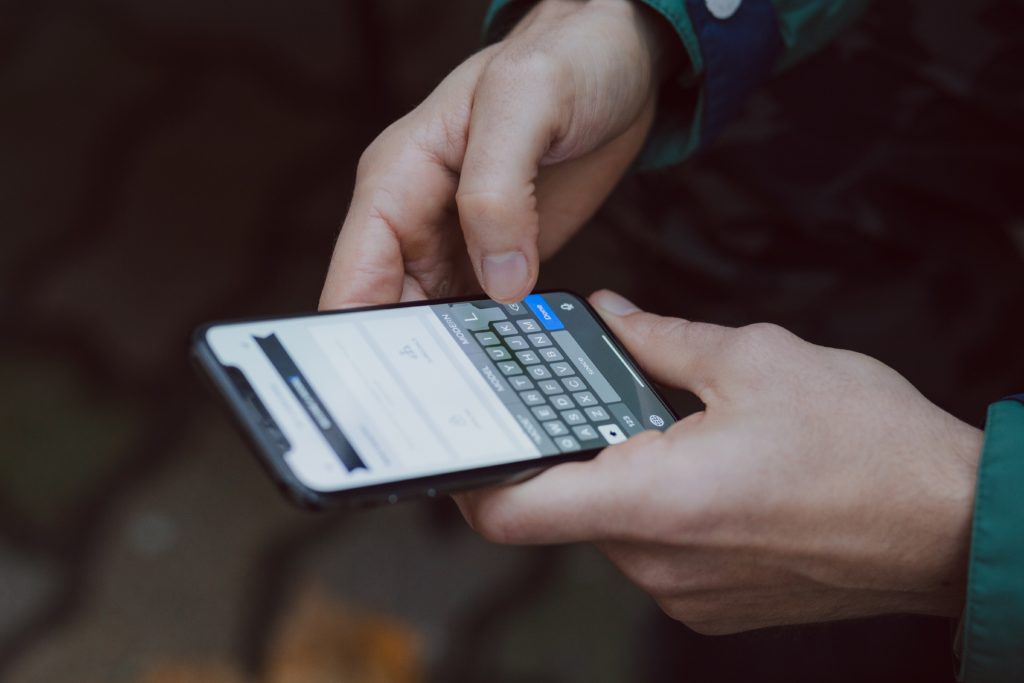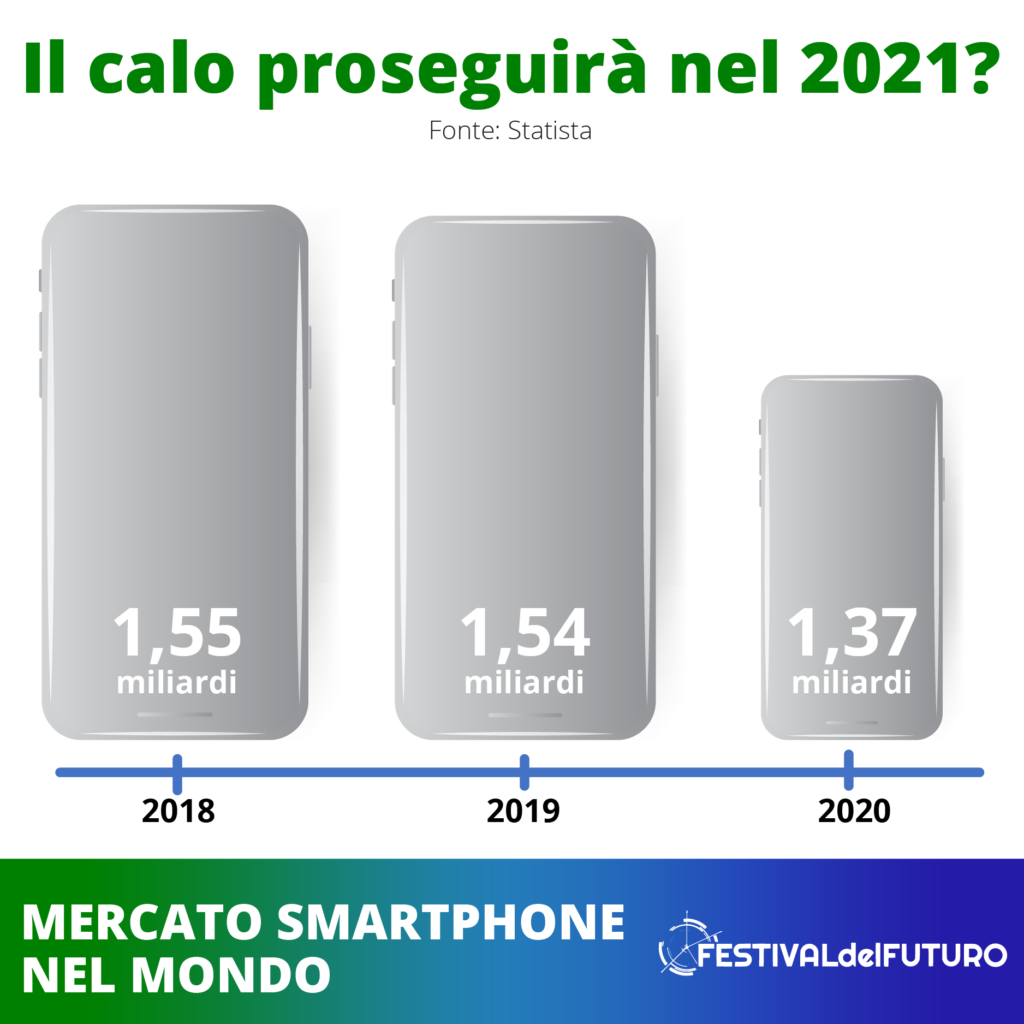
Siri, Alexa is Google. It's three o'clock witches that would be threatening the future of the smartphone, the technological device that has monopolized our daily life for over a decade, first with phone calls and text messages, then with chat, social networks and apps. According to an article published on Tech Advisor, in ten years, people will no longer use smartphones like they do today, because all the technology will be outside of the latest model of Iphone or similar. If today, thanks to the internet of things and smart speakers, the smartphone is actually seen as the center of ours ecosystem tech, in the future the devices could become so smart that it is superfluous. This scenario, apparently unlikely given that in 2020, 1.37 billion smartphones were sold, is foreshadowed by some as a reality of the near future. "In about five years - he said in 2019 Kang Yun–Je, head of the design team at Samsung Electronic - people won't even notice they're wearing screens ».
The Facebook alternative
The future of communication undoubtedly passes through the destiny of the product that has revolutionized the world of social interactions, entertainment and work. Who has been working for some time on a possible alternative to smartphones is Mark Zuckerberg, the founder of Facebook, which he recently released an interview to the youtuber Marques Brownlee, speaking of a wave of disruptive new technologies that hit the market every 15 years. "Smartphones are fantastic - Mr. Facebook said - but they are not the end of the journey". With the Oculus project, Menlo Park is working on augmented reality and on that evolution that Zuckerberg has defined as one feeling of presence of other people around us that modern cell phones have never been able to give us, isolating us instead. Thanks to smart glasses - on which Facebook has already signed an agreement with Luxottica of Leonardo Of the Old - could we really say goodbye to smartphones?
Neuralink's vision
Who has gone even further is Elon Musk, with its startup Neuralink. The goal of this company is to exploit biotechnology to install in the human brain what is called one in the jargon BCI (brain-computer interface). In 2020 the first tests, on a pig named Gertrude, have been promising and perhaps even by the end of 2021 they could already start human tests; a few days ago the company also concluded with excellent results the experiment on a nine-year-old macaque that managed to play the video game Pong using only the brain. At the base of this innovation, which some might associate with a drift cyborg, there is the belief on the part of the South African entrepreneur that artificial intelligence could really subjugate man (he had explained it in this chat with Jack But, founder of Alibaba). With these chips each would therefore be protected from risks, at the same time reaching a real symbiosis with the AI of the various devices. In addition to this, Neuralink would also have potential in the medical field, to the point that applications to understand the usefulness of this new biotech frontier also for people with disability motor.

So far there has been talk of what threatens the smartphone. But looking at the numbers are we really facing a death foretold? According to the portal statista.com in 2018 there was a peak in sales of these products (1.55 billion); the following year there was a slight decline to (1.54 billion), until thud of 2020 (1.37 billion, the worst figure since 2015). There pandemic and the consequent ones lockdown have certainly played a role in this contraction, but analysts already expect a rebound in 2021. The smartphone - on which there would also be a ethical dilemma relating to the exploitation of the precious materials needed to build it - it will not disappear quickly.
Alessandro Di Stefano






